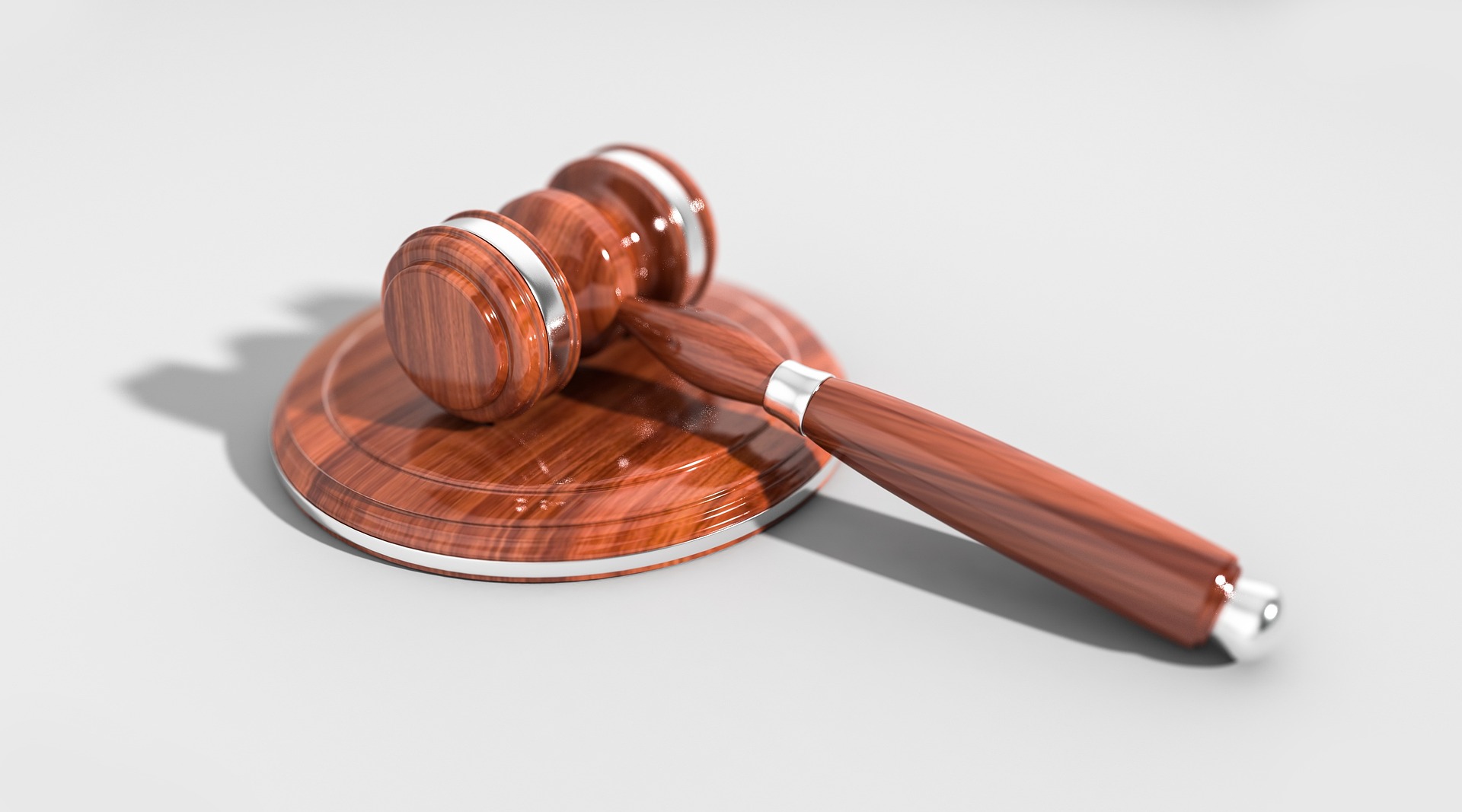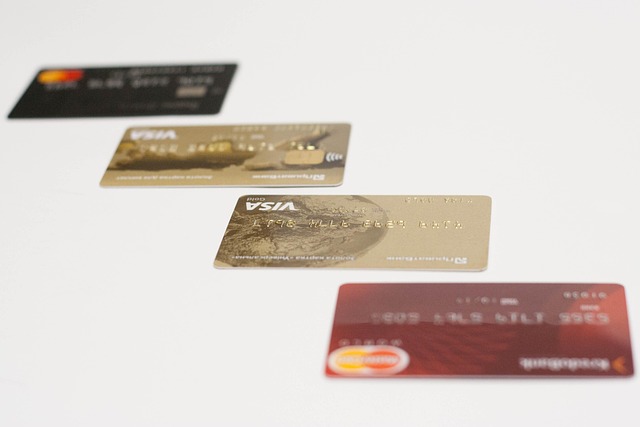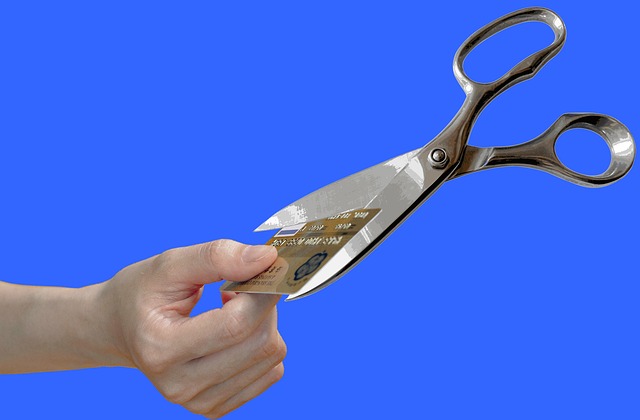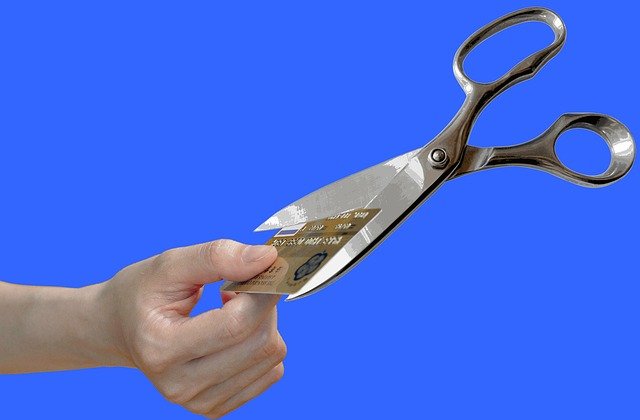Unveiling the Influence of Artificial Intelligence on Patent Law
**Artificial Intelligence (AI) has been making waves across various sectors, including the legal field. This article delves into how AI is influencing patent law and its implications on the legal landscape and society at large.** The advent of AI has brought about significant changes across numerous sectors, and patent law is not an exception. As AI systems become more sophisticated, they are increasingly being used to develop new inventions. This has sparked a debate on the relevance of existing patent laws, which traditionally recognize only human inventors. The legal quandary stems from the question of whether AI systems can be recognized as inventors under patent law.

AI as Inventors: Legal Developments
In recent years, several patent applications have been filed with AI systems listed as inventors. One notable example is the “DABUS” case, where two patent applications listed an AI system as the inventor. However, patent offices across the world, including the United States Patent and Trademark Office (USPTO), the European Patent Office (EPO), and the UK Intellectual Property Office (UKIPO), rejected these applications. They justified their decisions by citing the fact that patent laws currently only recognize humans as inventors.
Contemporary Legal Updates on AI and Patent Law
Despite the initial setbacks, the debate on AI inventorship is far from over. In a groundbreaking decision, a South African court granted a patent with an AI system recognized as the inventor in 2021. Similarly, an Australian court ruled that AI systems can be inventors under its patent law. These developments have rekindled discussions about the need to reconsider existing patent laws in light of the growing influence of AI.
Implications of Recognizing AI as Inventors
Recognizing AI as inventors could have profound implications. It could fuel innovation by encouraging the use of AI in invention creation. However, it also raises questions about ownership and liability. If AI is recognized as an inventor, who owns the patent rights? The AI system, its developer, or the user? Also, who assumes liability if the invention causes harm? These questions could complicate the application of patent laws and require careful consideration.
The Future of Patent Law in the Age of AI
The influence of AI on patent law is an evolving issue that presents both challenges and opportunities. As AI continues to permeate various sectors, it’s likely that more inventions will be developed using AI, escalating the need to address AI inventorship under patent law. The decisions of the South African and Australian courts may pave the way for similar rulings in other jurisdictions, leading to a potential shift in patent law.
In conclusion, AI’s impact on patent law is a developing field that requires ongoing legal analysis. As AI systems become more prevalent and sophisticated, the intersection of AI and patent law will likely become an increasingly prominent topic in legal discussions. It’s crucial for legal scholars, policymakers, and practitioners to stay abreast of these developments to navigate the evolving legal landscape effectively.




